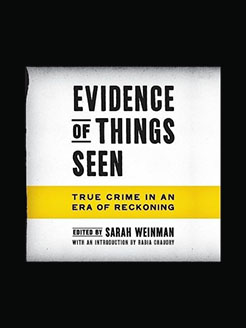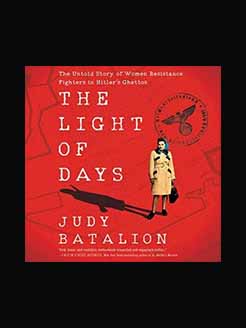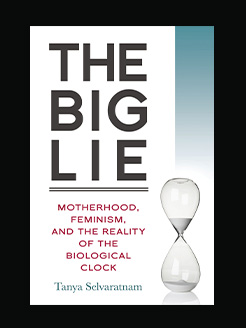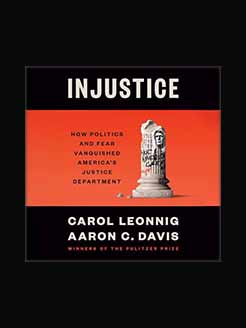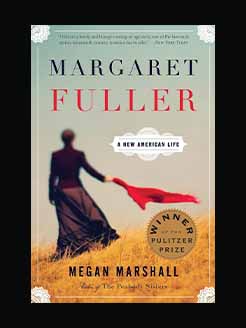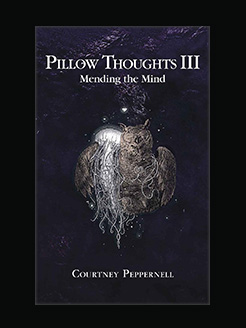Published in 2025
6 hours and 33 minutes
Joan Didion was an American writer and journalist. She is considered one of the pioneers of New Journalism along with Gay Talese, Hunter S. Thompson, and Tom Wolfe.
Didion’s career began in the 1950s after she won an essay contest sponsored by Vogue magazine. Over the course of her career, Didion wrote essays for many magazines, including The Saturday Evening Post, Life, Esquire, The New York Review of Books and The New Yorker. Her writing during the 1960s through the late 1970s engaged audiences in the realities of the counterculture of the 1960s, the Hollywood lifestyle, and the history and culture of California. Didion’s political writing in the 1980s and 1990s often concentrated on the subtext of political rhetoric and the United States’s foreign policy in Latin America. In 1991, she wrote the earliest mainstream media article to suggest the Central Park Five had been wrongfully convicted. In 2005, Didion won the National Book Award for Nonfiction and was a finalist for both the National Book Critics Circle Award and the Pulitzer Prize for The Year of Magical Thinking, a memoir of the year following the death of her husband, writer John Gregory Dunne. She later adapted the book into a play that premiered on Broadway in 2007. In 2013, she was awarded the National Humanities Medal by president Barack Obama. Didion was profiled in the Netflix documentary The Center Will Not Hold, directed by her nephew Griffin Dunne, in 2017.
What is this book about?
In November 1999, Joan Didion began seeing a psychiatrist because, as she wrote to a friend, her family had had “a rough few years.” She described the sessions in a journal she created for her husband, John Gregory Dunne.
For several months, Didion recorded conversations with the psychiatrist in meticulous detail. The initial sessions focused on alcoholism, adoption, depression, anxiety, guilt, and the heartbreaking complexities of her relationship with her daughter, Quintana. The subjects evolved to include her work, which she was finding difficult to maintain for sustained periods. There were discussions about her own childhood—misunderstandings and lack of communication with her mother and father, her early tendency to anticipate catastrophe—and the question of legacy, or, as she put it, “what it’s been worth.” The analysis would continue for more than a decade.
Didion’s journal was crafted with the singular intelligence, precision, and elegance that characterize all of her writing. It is an unprecedently intimate account that reveals sides of her that were unknown, but the voice is unmistakably hers—questioning, courageous, and clear in the face of a wrenchingly painful journey.
